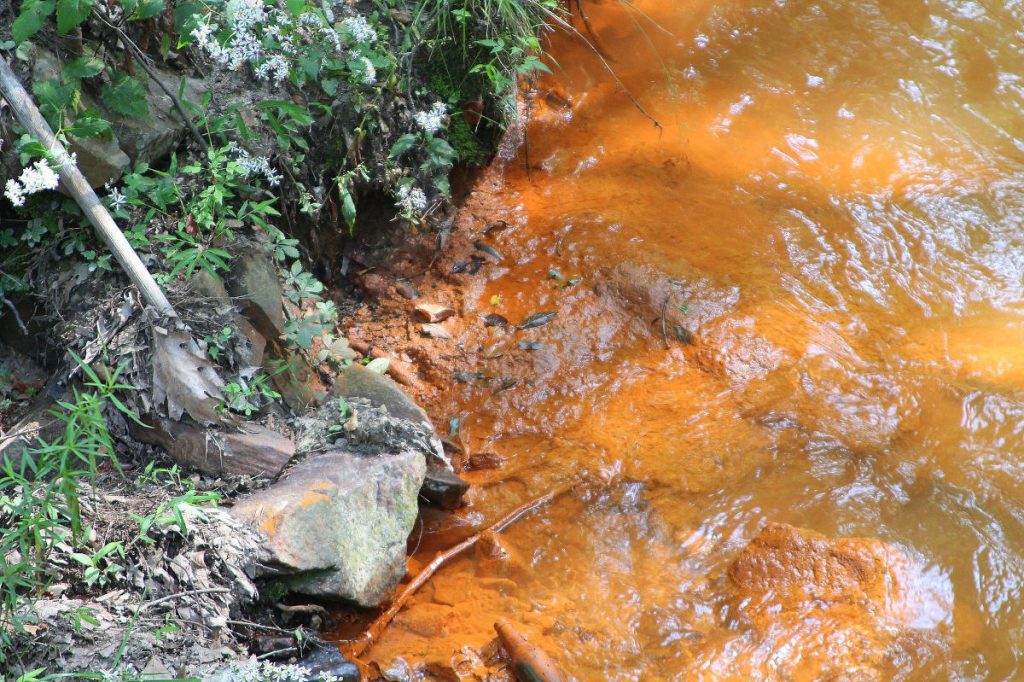✓ Servicing Pittsburgh, PA and the region
✓ Get a quote now, call 412-436-5360
✓ Customer friendly experienced staff
✓ Fastest service in western Pennsylvania
✓ Join hundreds of satisfied customers
Pittsburgh, located in western Pennsylvania, was once known as the “Steel City” due to its significant steel industry. However, with the decline of the steel industry, the city has faced various environmental challenges, including pollution.
Pittsburgh’s pollution problems can be traced back to the industrial revolution when steel mills and other manufacturing plants were operating in the area. The smokestacks of these factories emitted large amounts of pollutants, including sulphur dioxide, nitrogen oxides, and particulate matter.
In the 1940s, Pittsburgh experienced a period of intense smog, known as the “Great Smog of 1948.” The smog, caused by the combination of industrial emissions and temperature inversion, resulted in respiratory problems for many of the city’s residents. This event spurred the creation of the Allegheny County Health Department, which has since been tasked with monitoring and regulating air quality in the area.
Despite the efforts of regulatory agencies, Pittsburgh still struggles with air pollution. According to the American Lung Association’s “State of the Air” report, Pittsburgh ranks among the top 10 most polluted cities in the United States for short-term particle pollution.

One of the primary sources of air pollution in Pittsburgh is transportation. The city’s highways and busy roads contribute to the emission of pollutants such as carbon monoxide, nitrogen oxides, and volatile organic compounds. In addition, the city’s aging bus fleet is a significant source of diesel exhaust, which contains fine particulate matter that can cause respiratory problems.
Another major contributor to Pittsburgh’s pollution is the steel industry. While the steel industry has declined in the area, the remaining plants still emit large amounts of pollutants. The Clairton Coke Works, located south of Pittsburgh, is one of the largest sources of air pollution in the region. The plant emits sulphur dioxide, nitrogen oxides, and fine particulate matter, which can cause respiratory problems and contribute to acid rain.
The city’s proximity to natural gas drilling sites is also a concern. Fracking, a drilling method used to extract natural gas from shale rock, has been linked to air and water pollution. Residents in nearby areas have reported health problems, including respiratory issues, headaches, and nausea, which they attribute to fracking operations.
Water pollution is also a significant concern in Pittsburgh. The city sits at the confluence of three major rivers, the Allegheny, Monongahela, and Ohio Rivers, which provide drinking water to over two million people. Industrial activities, including steel production and natural gas drilling, have led to the contamination of these water sources with heavy metals and other pollutants.
In addition, Pittsburgh has a combined sewer system, which means that stormwater and sewage are transported in the same pipes. During heavy rain events, the system can overflow, causing untreated sewage to enter local waterways. This can lead to the spread of waterborne illnesses and environmental damage.
Despite the challenges, Pittsburgh has made progress in reducing pollution in recent years. The city has implemented initiatives to promote clean energy and reduce greenhouse gas emissions. For example, the city has a goal of sourcing 100% of its electricity from renewable sources by 2030. In addition, Pittsburgh has a bike-sharing program and has added bike lanes to its roads to promote active transportation.
The Allegheny County Health Department has also taken steps to improve air quality in the area. The department monitors air quality and issues alerts when pollution levels are high. The department has also implemented regulations to reduce emissions from industrial sources and has worked to improve public transportation.
Pittsburgh’s pollution problems have a long history dating back to the industrial revolution. While progress has been made in recent years, the city still faces significant challenges in reducing pollution. The city must continue to implement initiatives to promote clean energy and reduce emissions from transportation and industrial sources to protect the health
✓ Servicing Pittsburgh, PA and the region
✓ Get a quote now, call 412-436-5360
✓ Customer friendly experienced staff
✓ Fastest service in western Pennsylvania
✓ Join hundreds of satisfied customers
